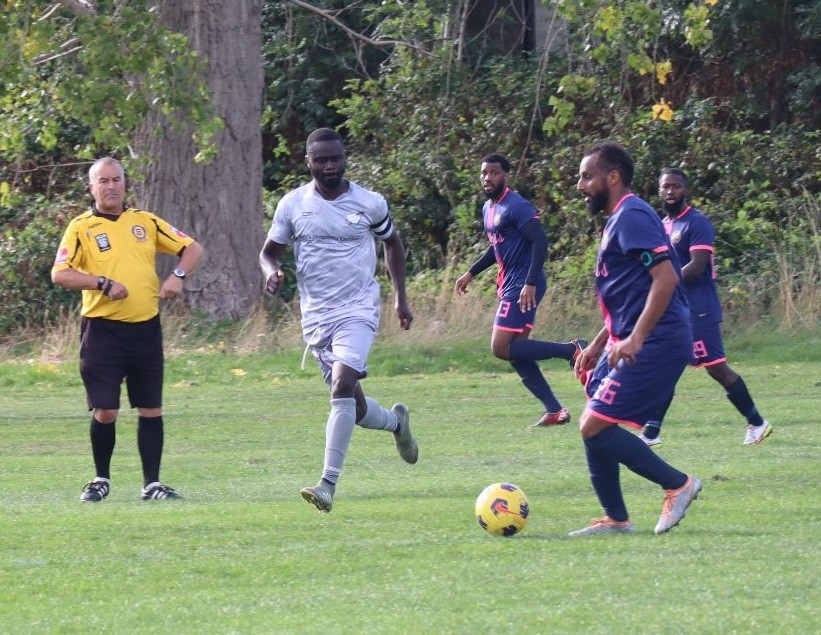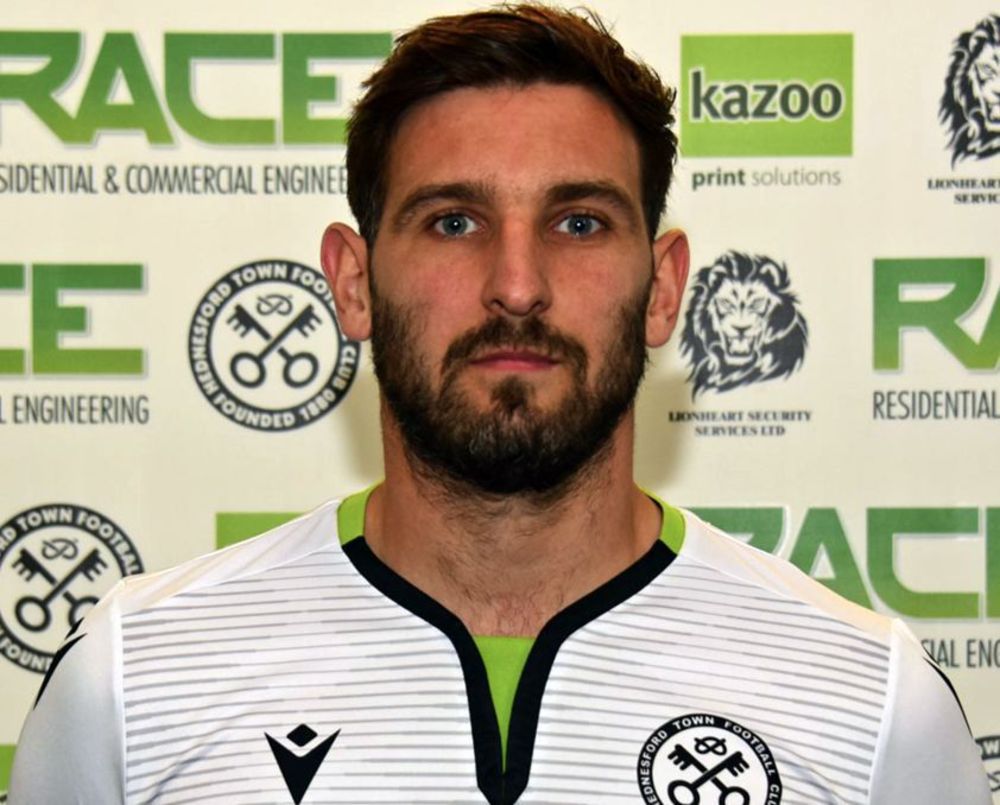By Alex Morrey-Jones
In 2010, Qatar lodged a successful bid to host the 2022 World Cup, a decision by FIFA that was instantly clouded by controversy. No Arab country had previously hosted a World Cup, and the FIFA President at the time, Sep Blatter claimed he was impressed by the progress he’d seen in Qatar. They were awarded the rights to host the 2022 tournament, beating the likes of Spain and the United States.
In the months and years that followed, allegations of corruption and bribery emerged, with leaked emails unravelling one of football’s biggest ever scandals. Several FIFA employees, including Blatter, were forced to step down and banned from football activities. A further seven FIFA employees were arrested by Swiss authorities on racketeering and bribery charges linked to the 2018 and 2022 World Cups. In light of these revelations, many called for the bid to be redone as it appeared officials were paid large sums of cash in exchange for voting for the Russia and Qatar World Cups. The corruption at football’s largest global federation caused worldwide controversy and even resulted in a four-part Netflix original docuseries.
The Qatar World Cup has also been heavily criticised for several other issues including the illegality of homosexuality, sportswashing allegations, human rights issues, the midseason winter scheduling, alcohol bans and the eyewatering cost that saw it become the most expensive World Cup ever, costing approximately $220bn. The second most expensive was the 2014 Brazil World Cup, costing just $15bn.
Despite the controversy that engulfed the build-up off the pitch, the 2022 World Cup produced some of the most entertaining and compelling group stage and knockout games in recent memory. Sunday’s final, that saw Argentina deny back-to-back titles for France, may go down as the greatest World Cup final of all time. However, in football, great entertainment is often accompanied by great controversy, and the Qatar World Cup was no different. From the first game to last, here’s a few of this tournament’s most controversial moments.
In the opening game of the tournament, Qatar faced Ecuador in the host nations first ever game in a World Cup. Despite the hosts being embroiled in allegations of bribery and corruption, no one could’ve predicted what happened just three minutes into the tournament. Ecuador appeared to have opened the scoring after bundling the ball home from a freekick that was swung into the Qatar penalty area. Qatar failed to clear the ball and Enner Valencia headed home, but a late VAR check held up the restart. Offside was given in the build-up, and despite several replays, no one could work out why. The official VAR ‘offside lines’ were later released, and the decision appeared to be a very controversial one. Despite the goal being ruled out, the bizarre decision didn’t effect the outcome of the match, with Ecuador running out as 2-0 winners thanks to two legitimate goals from Valencia.
Penalties, VAR and controversy have become synonymous with each other in modern day football. As Portugal faced Uruguay in their second group match, Bruno Fernandes nutmegged Jose Gimenez inside the box, and as he attempted the retrieve the ball, Gimenez slid in to make a challenge. As the defender went to ground, his hand directly stopped the ball and denied Fernandes a clear sight at goal. VAR recommended that the referee review the decision at the monitor, and he then awarded a penalty. By the official rules, a penalty should not have been awarded for this offence, as the defender’s hand was supporting his body and not being used to make his body bigger in an attempt to block the ball. Fernandes won the penalty and then converted from the spot in stoppage time for his second goal of the game, Portugal won 2-0. The extra goal may not have affected the result, but Uruguay’s goal difference ended up being a huge factor in their hunt for a place in the last 16…
In their final group game, Uruguay striker Edinson Cavani was denied a stoppage-time penalty after being tripped. They led Ghana 2-0 but needed a third goal to progress after South Korea scored a late winner against Portugal that saw them sneak into second place and pip Uruguay to a spot in the last 16. Cavani was brought down in the box and the referee and VAR said no penalty, meaning Uruguay went crashing out in the group. At full-time the players surrounded the referee amid late fury. In the studio, all BBC pundits agreed a penalty should’ve been awarded. A huge controversy in what was the final World Cup for a number of veterans in the Uruguay squad. Given the decisions that went against them, Uruguay can consider themselves unlucky not to have progressed.
The final round of group games brought more controversy as Japan’s winning goal against Spain appeared to roll over the line before being crossed and prodded into the net by Ao Tanaka. Japan came from behind to beat Spain 2-1 which meant Germany’s 4-2 win over Costa Rica wasn’t enough for them to progress to the last 16. VAR deemed the ball to still be in play, and the goal stood. The controversy was caused by the lengthy delay from VAR in releasing the images that proved the ball was still in play. Fans in the stadium and millions more at home were left in the dark about the decision. Controversial or not, VAR appeared to get the decision right by the letter of the law, but fans were left debating the goal as only a fraction of the ball remained on the line.
The knockout stages also came with their fair share of controversial decisions. Two of the favourites met in the quarter-final as England faced France. In the build-up to France’s opener, Bukayo Saka appeared to be fouled near the French penalty area. Saka was tripped and France ran away with the ball before Tchouameni rifled a thunderous strike from range past Jordan Pickford. The goal was deemed to be in the same passage of play and could’ve been reviewed by VAR for a potential foul in the build-up, but no review took place and the goal stood. England were then denied a penalty as Harry Kane rolled past Dayot Upamecano into the box and looked to be bearing down on Hugo Lloris in goal, before being tripped and brought down. Once again, no foul was given. Two controversial decisions went against Southgate’s side as they crashed out in the quarters. England were, however, awarded two other penalties in the game, with Kane converting the first but agonisingly putting the second over the bar with only minutes left to play. France won 2-1 but eventually fell short as Argentina lifted the trophy.
The 2022 World Cup came to a magical end, as 35-year-old Lionel Messi captained Argentina to victory, scoring twice in a match that was won on penalties. Messi is undoubtedly one of the greatest players of all time, and many would have him top of the list. As he enters the twilight of his career, this World Cup is likely to be his last, and leading his nation to victory is truly one of football’s best fairy-tale stories. In the biggest game of his career, on the biggest stage, he stepped up. Argentina won 4-2 on penalties and were preparing to lift the trophy after collecting their winners medals. However, another controversial moment came right as the Argentines were about to lift the trophy. Lionel Messi was stood over the World Cup with a medal around his neck, being greeted by FIFA President Gianni Infantino and the Emir of Qatar, Sheikh Tamim. Seconds before lifting the trophy, the Emir dressed Messi in a ‘bisht’, a traditional robe that signifies prestige and honour. Despite being a Qatari tradition and a huge mark of respect, not all fans agreed with the decision and believe it overshadowed the biggest moment of Messi’s career.
From controversy and corruption in the bidding process to questionable VAR decisions on the pitch, the 2022 Qatar World Cup will live long in the memory of all fans.




